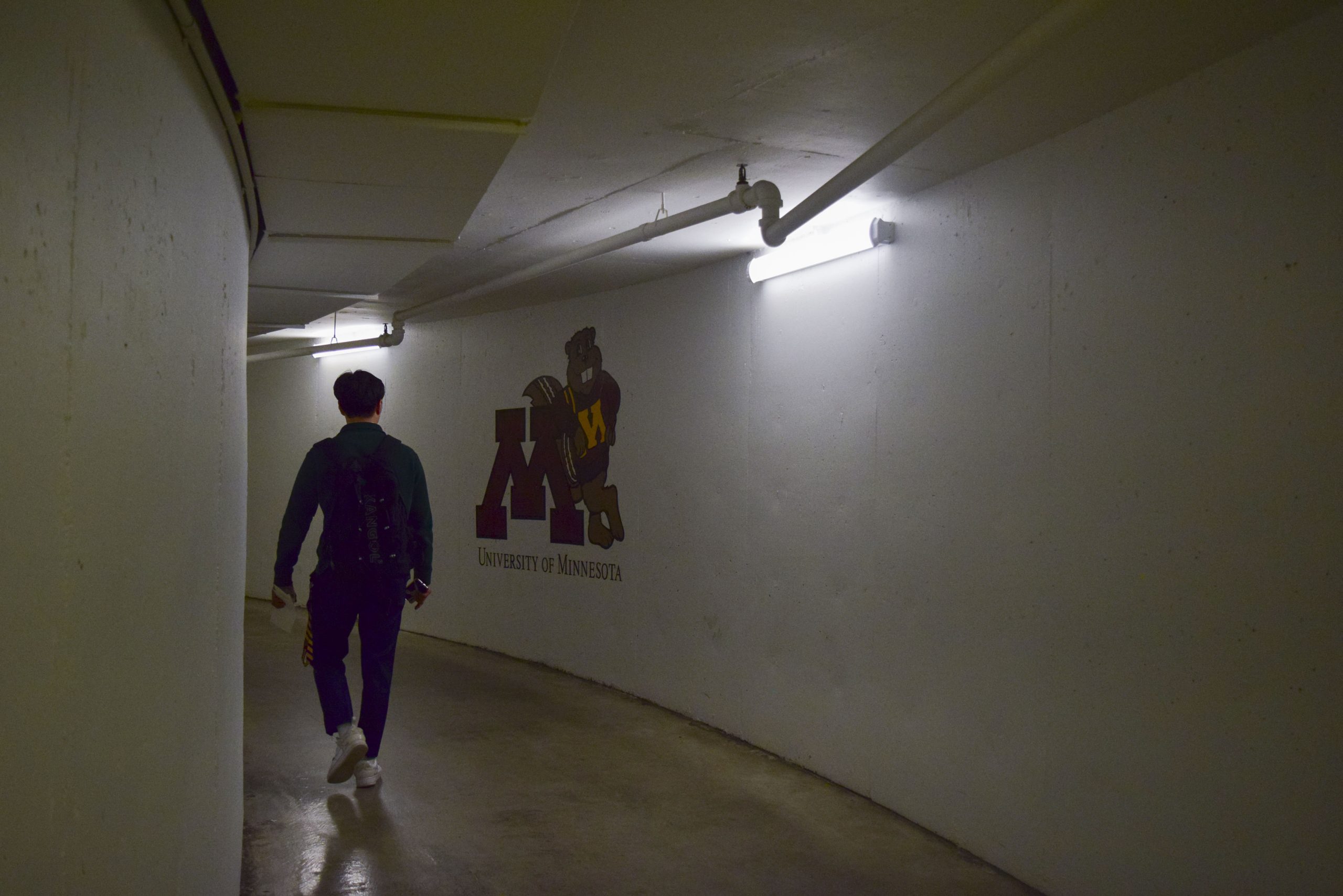Recently, a Politico reporter was forced to resign her position because of accusations of plagiarism. Some of the ideas she wrote about in a series of articles were not her own, and she got caught. IâÄôm always baffled by such flagrant violations of ethical standards. To many, it may appear that this reporter stole the work of others and passed it off as her own, but does the use of anotherâÄôs ideas without citation count as theft?
Our modern understanding of plagiarism, i.e. the theft of ideas, is not that old. It dates back to the 18th century Romantic period in Europe when ideas moved from being solely a public good to being something held as private knowledge. In a university, private knowledge is a currency, and it is used to hold power or dominion over something else. In academic environments, the appropriation of private knowledge without reference to its âÄúcreatorâÄù is considered plagiarism. At the University of Minnesota, such actions fall under the Student Conduct Code and are punishable on a scale of warnings all the way up to revocation of a studentâÄôs degree. So, there are serious consequences for those who plagiarize in the University.
How is it that a tradition so young is able to hold sway over how ideas are disseminated? It can do so because âÄúoriginalityâÄù has become an ideal that most of Western culture embraces. However, this very modernist concept forces us to believe that ideas exist in a vacuum where they await discovery. This is far from true: The community in which we reside socially constructs ideas and knowledge. We are only able to articulate knowledge because of the support of our community. As such, can plagiarism exist in a community where everyone is responsible in some way for the ideas being plagiarized? It all depends on context.
For example: The president of the U.S. often gives elaborate and long speeches, yet the president usually doesnâÄôt write the words of the speech. There is a speechwriter who composes the speech, and then the president passes it off as his own. The ideas in many of the presidentâÄôs speeches are not new either. TheyâÄôve been recycled from previous administrations and work, like healthcare, budget spending, etc. Despite the presidentâÄôs appropriation of ideas and words from others, he is never accused of being a plagiarizer. In this context, it is acceptable for the president to do so.
Yet, the Politico reporter who appropriated words from other reporters is forced to resign, even though she has done nothing more drastic than the president. However, the context in which the Politico reporter lived was far different than the presidentâÄôs. It is not acceptable for a reporter to use another reporterâÄôs ideas or thoughts without giving credit because her community requires her to do so.
This contrarian attitude doesnâÄôt seem to permeate the University. In the University, if you plagiarize, then it is grounds to be punished. There is no gray area. As a teacher, IâÄôve encountered plagiarism in my classes before. ItâÄôs not a good feeling to know that one of your students has plagiarized, especially when you go to so much trouble to teach them how to properly cite information. I teach students not to plagiarize based on the modernist ideal because my position, or my community, dictates that I must do so.
But despite the UniversityâÄôs obsession with plagiarism, there is still one field where it seems to be accepted and embraced: art.
Art seems to be the only field where itâÄôs fully acceptable to imitate or appropriate another artistâÄôs work. This trend has persisted for centuries and continues to persist into the 21st century. Imitation is one way art is taught. It is only through imitating the masters that a student can hope to become a master. For example: If I was to draw a stick figure and someone copied it without acknowledging they copied it from me, I wouldnâÄôt be upset because I would know that stick figures have existed since the time of cavemen, and I was only being imitated.
Work is routinely plagiarized in business settings. Someone does the work and the boss takes the credit. It happens often, yet no one approaches this theft with the same zeal that many approach plagiarism in the University. This seems to be the case because plagiarizing in the University is seen as laziness or lack of work. But, in business contexts, it can be considered collaboration. So, then, what is plagiarism outside the University? It appears that it is nothing without its context. Stealing someoneâÄôs ideas is only plagiarism if one is caught, and even then, it falls on the accuser of said plagiarism to prove those ideas have been plagiarized.
In the end, plagiarism only truly exists for academics and writers. Both believe that their work is as original as when the universe was first created. Both believe that their ideas are unique and have never existed before. None of that is true. Knowledge and ideas cannot exist without consensus in the community through which said knowledge and ideas are promulgated.
I do not support plagiarism in that I think people should know where information comes from. IâÄôll still teach students not to plagiarize and how to avoid it, but outside the University, it happens all the time because there is no such thing as new knowledge. There are only new interpretations, and most interpretations are nothing more than imitations.
Trent Kays welcomes comments at [email protected]










